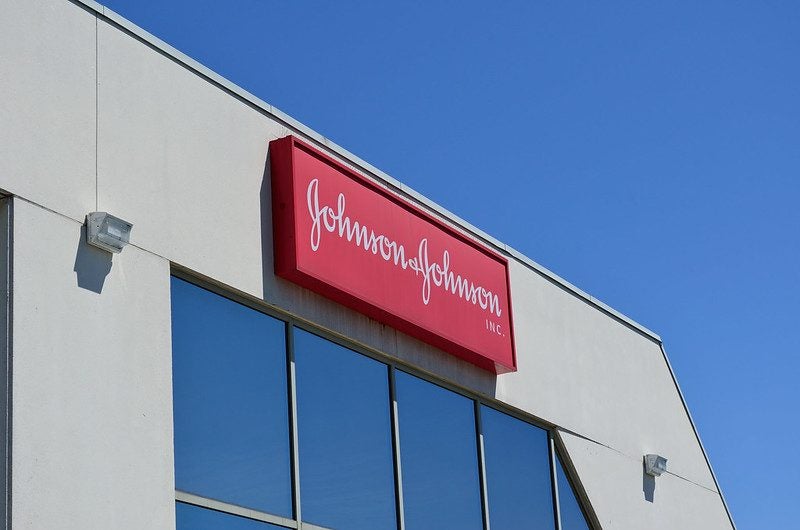
Johnson & Johnson (J&J) has temporarily paused dosing in all its vaccine candidate clinical trials for Covid-19, including Phase III ENSEMBLE trial after a study participant reported an unexplained illness.
The ENSEMBLE independent Data Safety Monitoring Board (DSMB) and J&J’s internal clinical and safety physicians are analysing the participant’s illness.

Discover B2B Marketing That Performs
Combine business intelligence and editorial excellence to reach engaged professionals across 36 leading media platforms.
A study pause implies that the study sponsor halted enrolment or dosing, which is a standard component of a clinical trial protocol.
J&J noted that adverse events such as illnesses, accidents are common in clinical trials and the number of cases can be on the higher side in largescale studies.
Moreover, with most trials placebo-controlled, it is not immediately known whether the trial participant received a study treatment or placebo, the company added.
In September, J&J launched the worldwide Phase III ENSEMBLE trial of its Covid-19 vaccine candidate, JNJ-78436735.

US Tariffs are shifting - will you react or anticipate?
Don’t let policy changes catch you off guard. Stay proactive with real-time data and expert analysis.
By GlobalDataThe randomised, double-blind, placebo-controlled trial planned to recruit up to 60,000 participants aged 18 years and above.
With the pause of the trial, the online enrolment system closed for the 60,000-patient clinical trial.
Developed by Janssen Pharmaceutical using AdVac technology, the investigational vaccine candidate JNJ-78436735 is also known as Ad26.COV2.S.
The company had also decided to enrol participants in Argentina, Brazil, Chile, Colombia, Mexico, Peru, South Africa and the US for the trial.
ENSEMBLE trial aimed to evaluate the safety and efficacy of a single vaccine dose versus placebo in preventing Covid-19.
The trial initiation was backed by positive interim results from the Phase I / IIa trial, which showed that the safety profile and immunogenicity after a single vaccination were supportive of further development.




